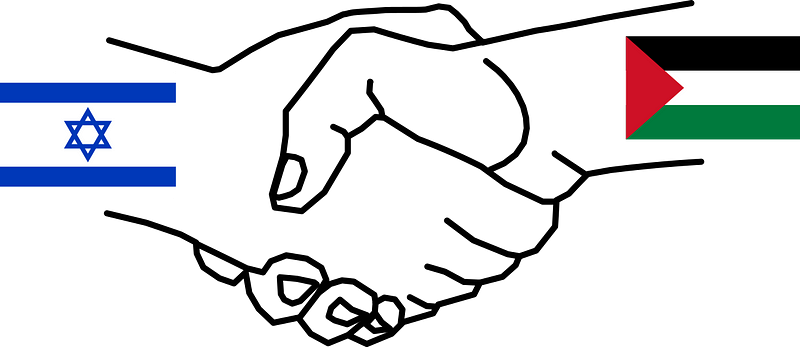Media’s Role in Shaping Public Opinion on Israel-Palestine: Maintaining Objectivity and Responsibility
In this article, we will discuss some of the ethical principles and best practices that the media should follow when reporting on the…

In this article, we will discuss some of the ethical principles and best practices that the media should follow when reporting on the Israel-Palestine conflict.
Ethical Principles for Media Coverage of Israel-Palestine
The media has a responsibility to inform the public about the facts and context of the Israel-Palestine conflict, as well as to provide diverse and balanced views from different stakeholders. The media should also adhere to the following ethical principles when covering this issue:
- Accuracy: The media should verify the sources and facts of their reports and correct any errors or misinformation promptly. The media should also distinguish between facts and opinions and avoid speculation or sensationalism.
- Impartiality: The media should avoid taking sides or favoring one party over another. The media should also present different perspectives and opinions fairly and respectfully, without endorsing or rejecting them.
- Diversity: The media should reflect the diversity of the people and groups involved in or affected by the conflict, such as their ethnic, religious, cultural, political, and social backgrounds. The media should also include voices from marginalized or underrepresented groups, such as women, children, refugees, and minorities.
- Humanity: The media should respect the dignity and rights of all people involved in or affected by the conflict, especially those who are vulnerable or suffering. The media should also avoid dehumanizing or demonizing any group or individual, or inciting hatred or violence.
- Accountability: The media should be transparent about their sources, methods, and editorial policies. The media should also be open to feedback and criticism from the public and other stakeholders and respond to them constructively.
Best Practices for Media Coverage of Israel-Palestine
- Use clear and neutral language: The media should avoid using vague, ambiguous, or loaded terms that may imply bias or judgment. For example, instead of using terms like “terrorist”, “militant”, “extremist”, “radical”, or “fanatic”, the media can use more specific and descriptive terms like “armed group”, “fighter”, “activist”, or “supporter”. Similarly, instead of using terms like “occupation”, “annexation”, “settlement”, “resistance”, or “liberation”, the media can use more factual and legal terms like “military presence”, “territorial claim”, “housing construction”, “armed struggle”, or “self-determination”.
- Provide historical and geopolitical context: The media should explain the historical and geopolitical background of the conflict, such as its origins, causes, developments, actors, interests, and challenges. The media should also highlight the relevant international laws and resolutions that apply to the conflict, such as the Geneva Conventions, the UN Charter, the UN Security Council resolutions, and the Oslo Accords.
- Highlight human stories and impacts: The media should focus on the human stories and impacts of conflict, such as how it affects the lives, rights, needs, hopes, and fears of ordinary people on both sides. The media should also report on the humanitarian crises and human rights violations that result from the conflict, such as casualties, injuries, displacements, arrests, detentions, torture, abuse, restrictions, demolitions, and blockades.
- Avoid asking questions that trigger the emotions of guests: The media should avoid asking questions or framing stories that trigger strong emotions or target individuals or groups. The guest’s family or someone they know may have been affected by the tragedy by asking the wrong questions you are showing insensitivity to their suffering and pain.
- Promote dialogue and peace: The media should not only report on the problems and challenges of the conflict but also on the solutions and opportunities for peace. The media should highlight examples of dialogue and cooperation between different groups and individuals who are working to end the violence and achieve a just and lasting resolution. The media should also encourage the public to engage in constructive and respectful discussions and actions that can support the peace process.
Conclusion
The media has a significant role and responsibility in shaping public opinion on the Israel-Palestine conflict. By following ethical principles and best practices. The media can provide accurate, impartial, diverse, human, and accountable coverage of this issue. By doing so, the media can also contribute to the promotion of dialogue and peace between the two sides, and the advancement of human rights and justice for all.
Originally published at https://www.linkedin.com.




